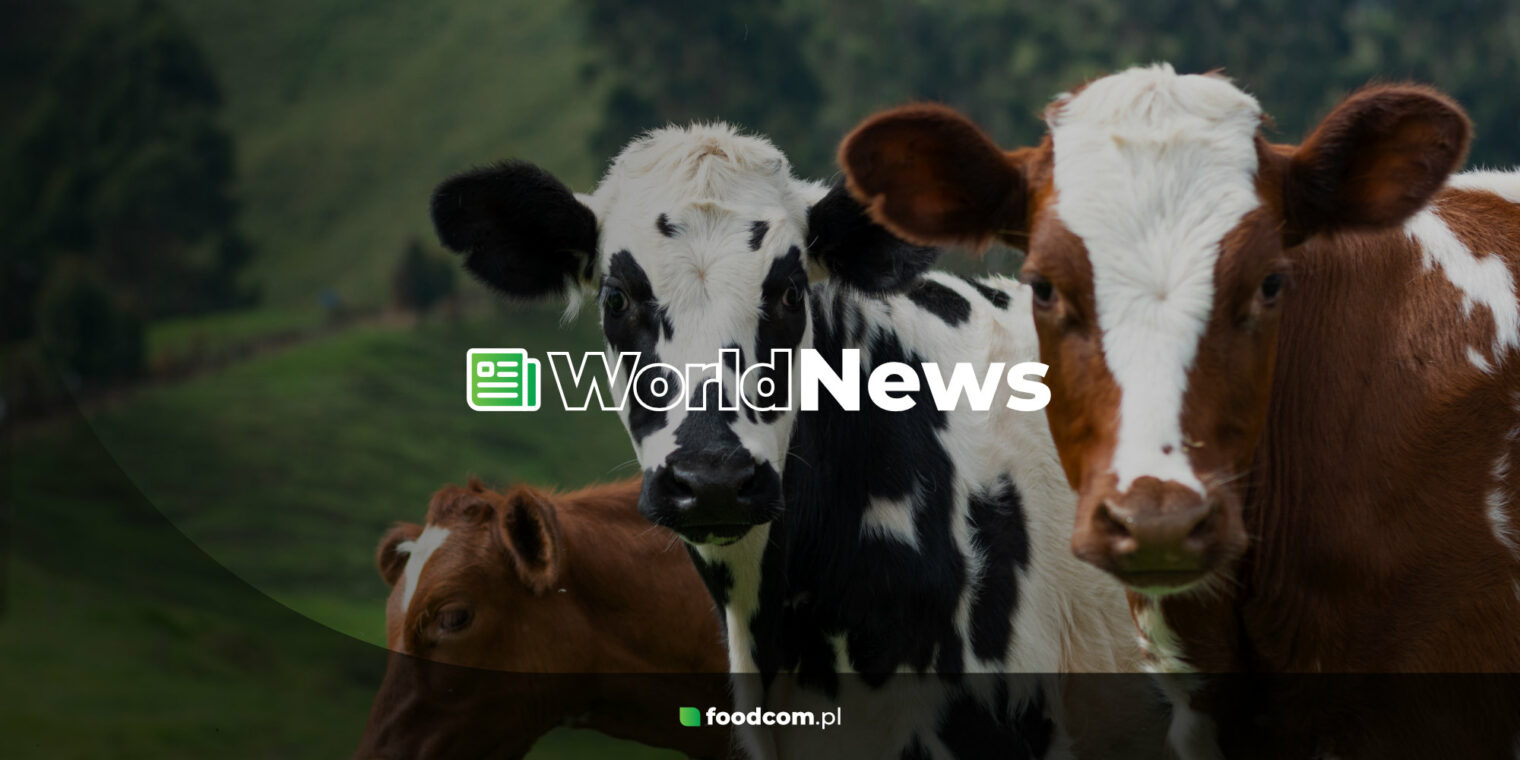Hello Partners!
Welcome back to our Newsletter!
Gulfood in Dubai – one of the most important dates in the global food industry calendar – has just begun. Thousands of industry experts have gathered in the United Arab Emirates to immerse themselves in a sea of innovations and trends. For this reason, we expect a quieter week as most of the attention is focused on the event.
One of the most interesting topics we are interested in is the long-term outlook for dairy markets. What innovations and discoveries will shape the industry in the coming period? Stay tuned for the latest updates.
Let’s take a look at what else is happening in the dairy market!
Products of the Week
Skimmed Milk Powder
Prices remain stable at a low level of 2350-2450 EUR/MT. The SMP market is not particularly active. Buyers are not sure in which direction the market will develop, so they only confirm the quantity needed for the production of the next 2-3 weeks.
Cheese
Cheese prices remained stable last week, continuing the trend of the previous week. Gouda remained stable at 3900-3950 EUR/MT, while Mozzarella remained below the 3500-3600 EUR/MT threshold. Cheddar cheese prices, on the other hand, fluctuated between 4100 and 4300 EUR/MT.
Fats
Butter and AMF prices have risen this week, confirming the continuing upward trend in the market for these products. Just four weeks ago, butter prices were around 5150 EUR/MT FCA and have now risen to 6000 EUR/MT. As production in the East is just starting up, this upward trend could continue.
Liquid
Cream prices are rising, indicating a tight market, with average prices hovering around 6350-6450 EUR/MT. Skimmed Milk Concentrate (SMC) prices remain stable, with a slight downward trend reflecting the complex dynamics of the dairy market.
Whey powder
This week the price for Sweet Whey Powder is fixed at 750-800 EUR/MT. Similarly, Sweet Whey Concentrate also remains stable and ranges between 450-500 EUR/MT.
What else?
Europe
One of the largest dairy farms in Ukraine, Promin Agricultural LLC, is located near the war front and faces many challenges, but continues to operate. Despite constant shelling, lack of electricity and labor shortages, the farm keeps 8,600 head of cattle, including a large herd of dairy cattle, as well as a herd of pigs and a feed mill. Serhiy Yasevin, the director, highlights the farm’s growth over the past 30 years and its commitment to supporting its 350 employees, even though about 40 of them have been called up for military service. The farm’s resilience also includes adapting to wartime conditions, such as using generators and delivering milk by truck to ensure continuity in the midst of conflict.
Australia
Fonterra has stopped collecting milk from Van Dairy Limited (VDL) farms due to unresolved trade issues. This has led to VDL planning to slaughter at least 700 cows after losing a major milk contract. The decision, which came into effect on February 1, follows a noticeable decline in VDL’s milk supplies. Fonterra is trying to take over the lost supplies from other Tasmanian farms without reducing production. VDL’s owner, Xianfeng Lu, expressed disappointment but promised to support the farms and their 90 employees through this difficult time, which follows earlier turbulent events for the company.
United Kingdom
The UK Animal and Plant Health Agency is extending the use of PCR tests to detect bovine tuberculosis more quickly after a year of trials. From February 14, PCR tests will analyze post-mortem samples from cattle that have tested positive for bovine TB, from humans who have been in direct contact with them and from some slaughtered or dead cattle. The method, which is faster than current microbiological culture, is expected to reduce the burden on farmers by providing faster test results during TB outbreaks, although standard TB management procedures will not change.








